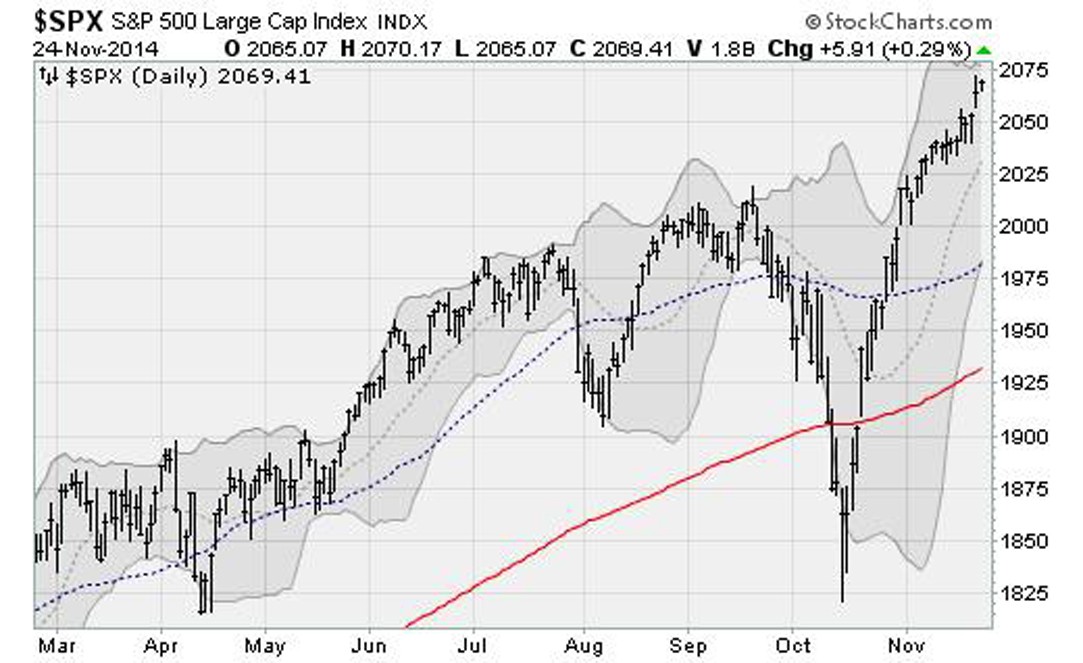Japanese Yen ETFs On A Hot Streak
Post on: 14 Июнь, 2015 No Comment

As investors have grown uneasy over the prospects for global growth and the odds of a double dip recession have seemingly shortened, many safe haven investments have seen sudden uptick in interest. Investors have been snapping up Treasuries and other investment grade bonds as risk appetite has waned, looking to protect themselves against future volatility [see Five Safe Haven ETFs ].
This increased demand has also boosted the U.S. dollar since all T-Bonds are denominated in greenbacks, leaving investors to buy dollars if they want to buy the traditional safe-haven. The PowerShares DB USD Index Bullish (UUP ), which measures the performance of the dollar against a basket of developed market currencies, gained nearly 2% in Wednesday afternoon trading and is up nearly 4% on the year. The dollars gains against the embattled euro have been well documented, and the advances against Britains currency have been nearly as significant [also read Forget About Euro ETFs British Pound ETFs Are The Real Danger ].
So it may come as somewhat of a surprise to hear that the greenback recently hit a 15-year low against the yen. Despite an economic standstill in Japan for the better part of the last two decades, the countrys currency has shown impressive strength and continues to hold appeal as a safe haven investment. In fact, the impressive performance of U.S. Treasuries is one of the causes of the recent yen boost. Japan is the second largest holder of Treasuries (behind only China), and Japanese investors who have profited from the recent rally in Treasuries have repatriated their profits.
The yens strength is causing all sorts of headaches for Japanese economic officials. While a strong currency may be a source of national pride, it can have adverse effects on equity markets, particularly in export-dependent economies. Honda Motor Co.s CFO knows this better than most; cars made in Japan at an exchange rate of 85 yen to the dollar are not economically feasible, said Yoichi Hojo at a recent session with reporters. Its just impossible for [the yen] to stay at these levels in the long term. [also see Three Reasons Why Japanese Yen ETFs Are Headed For A Crash ]
On Wednesday Japans Ministry of Economy, Trade, and Industry announced that it will conduct an emergency survey of approximately 200 companies to assess how the strong yen is impacting operations. That announcement comes after the Bank of Japan declined at its regular policy meeting to implement easing measures that some believe would weaken the yen. Despite the initiation of the survey, many still believe that intervention in currency markets will be difficult.
While Japanese exporters are hopeful that the yen will weaken in the near-term, some analysts see a further strengthening as the more likely scenario. The all-time low for the yen against the dollar is 79.75 yen; that level was touched in April 1995. The yen may challenge that mark in coming months, as a prolonged period of low yields in the U.S. will keep Japanese capital at home while an uncertain economic environment will keep risk aversion elevated [also see Japan’s Currency Woes: Yen ETFs In Focus ].
Yen ETF Options
For investors looking to establish exposure to the Japanese yen, there are a number of ETFs that may be worth a look [for more ETF ideas, sign up for our free ETF newsletter ]:
- CurrencyShares Japanese Yen Trust (FXY ): This ETF, which is structured as an equitized single currency trust, will track the performance of the Japanese yen. The depository for FXY, JPMorgan, maintains a deposit account denominated in Japanese yen, and any interest accrued on that account will be used to pay expenses (the expense ratio for FXY is 0.40%) or distributed to shareholders.
- WisdomTree Dreyfus Japanese Yen Trust (JYF ): This fund also offers exposure to the Japanese yen, but maintains a couple of key differences relative to FXY. First, JYF is actively managed. Second, like all of WisdomTrees currency products, this fund is structured as a true 1940 Act ETF. Among other things, that means that JYFs holdings are spread across multiple counterparties, instead of held in a single bank account [see this feature for more on the structural difference between various currency products].
- iPath JPY/USD Exchange Rate ETN (JYN ): This product also offers exposure to the dollar/yen exchange rate, but comes with a few nuances of its own. JYN is an exchange-traded note, a senior, unsubordinated, unsecured debt security issued by Barclays. JYN charges an expense ratio of 0.40%.
Disclosure: No positions at time of writing.














